Stem cells: a groundbreaking next step for developing cures for diseases of all kinds. Many people already know the basics about stem cells, however, there are many other components to this medical breakthrough that I think are important to know about. This brief overview of the types of stem cells, what they can be used for and how some groups feel they are controversial is meant to educate and promote understanding.
1. What are stem cells?
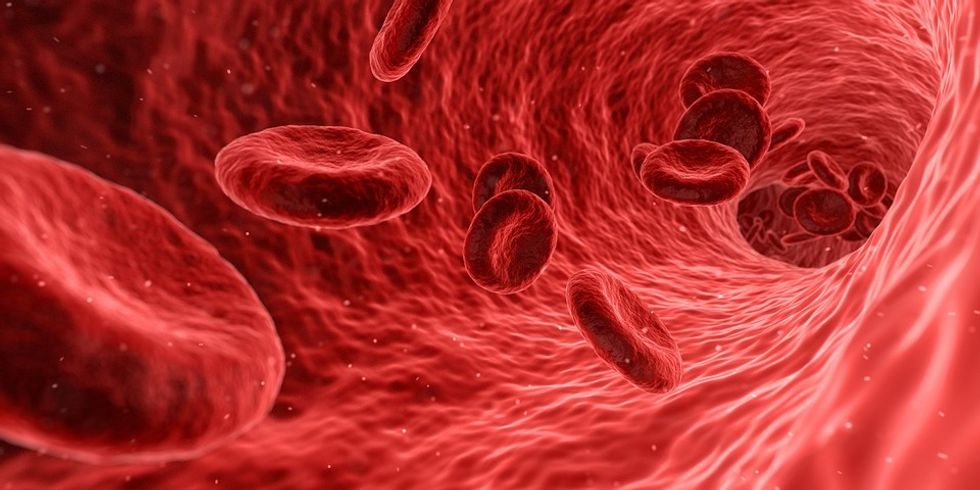
Stem Cells
Stem cells are unspecialized cells that can develop into any other specialized cells in the human body; they act as the body's repair system. In modern medicine, they can be extracted from one area in the body and injected into another area of the body as a form of treatment. Most often, stem cell transplants are used to "treat a variety of blood and bone marrow diseases, blood cancers, and immune disorders" as stated by the University of Utah.
Types
There are three main types of stem cells:
1) Adult stem cells
2) Embryonic stem cells
3) Induced Pluripotent Stem Cells (iPSCs)
Each type is explained in more detail below
2. What are adult stem cells?
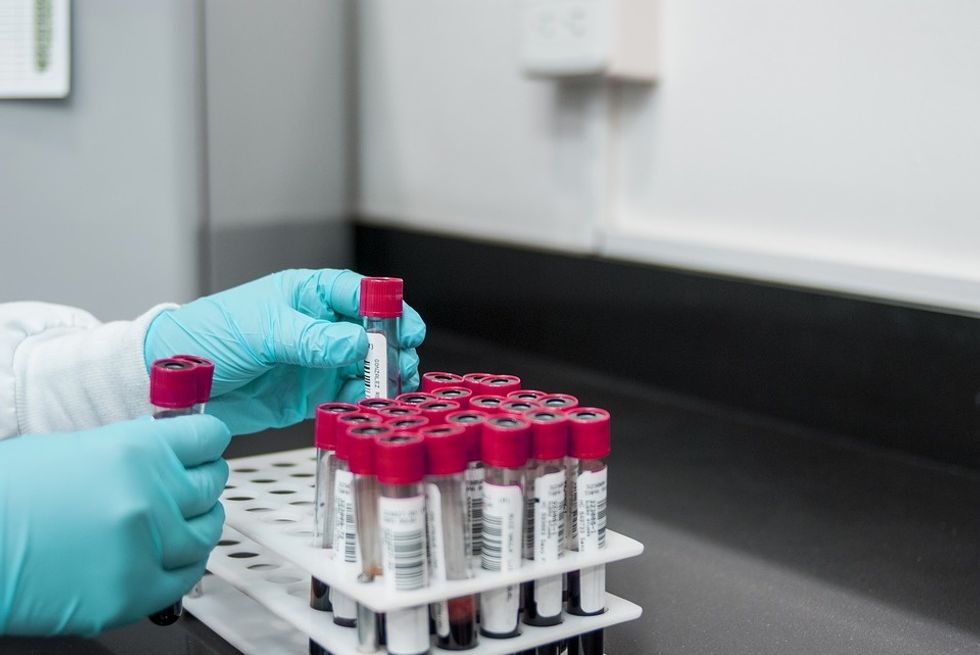
Adult stem cells are unspecialized cells found among the specialized cells that make up tissue or an organ. Their primary job is to maintain and repair the tissue of the living organism by becoming specialized in order to replace dead or damaged specialized cells. "Adult stem cells have been found in the brain, bone marrow, blood vessels, skeletal muscle, skin, teeth, heart, gut, liver, and other (although not all) organs and tissues." They remain in the tissue, dormant until needed or extracted.
3. What are embryonic stem cells?
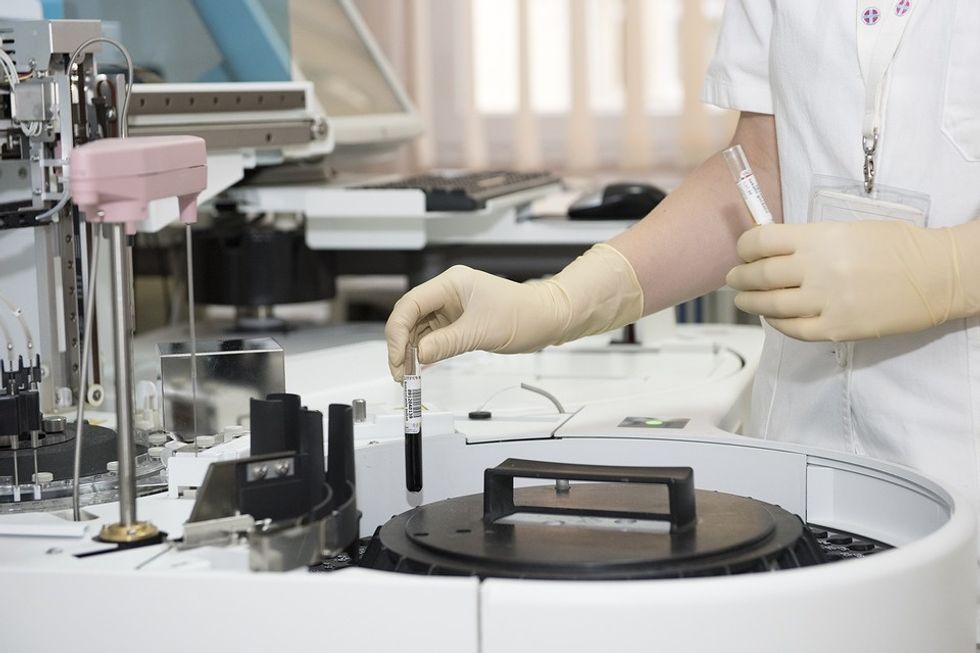
Embryonic stem cells are derived from embryos, as the name suggests. Stem cells are harvested from embryos grown in laboratories (NOT from fertilized eggs in a woman's body). These cells are much more valuable because they are pluripotent, meaning they can be grown into any other kind of cell, whereas adult stem cells can only be grown into the certain types of tissues they come from.
4. What are induced pluripotent stem cells?
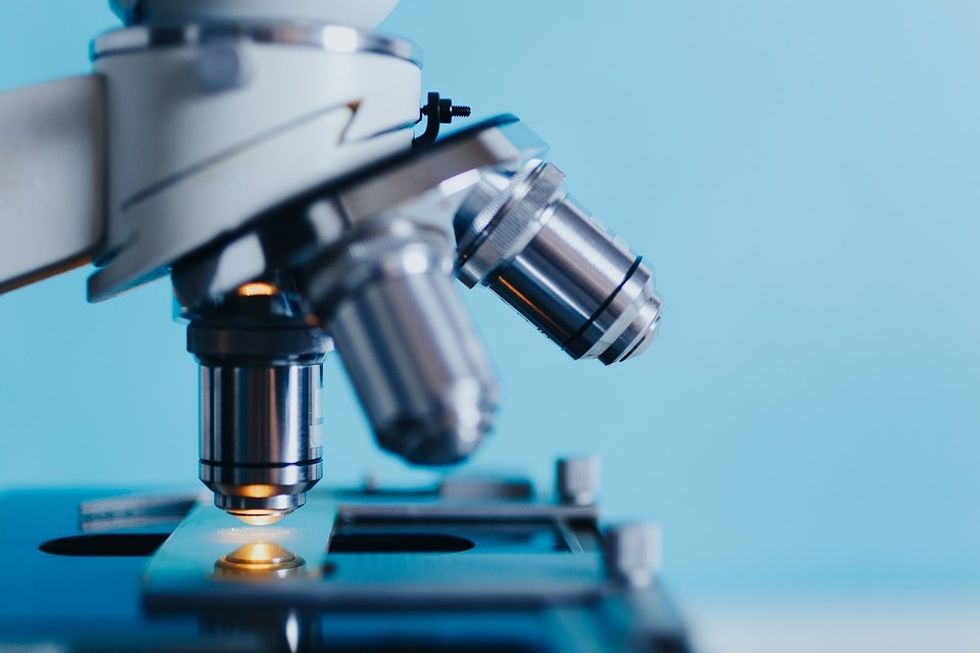
iPSCs are "adult cells that have been genetically reprogrammed to an embryonic stem cell-like state by being forced to express genes and factors important for maintaining the defining properties of embryonic stem cells". These cells are still highly experiential and are made to resemble embryonic stem cells more closely.
5. A bit of knowledge about the controversy behind stem cells.
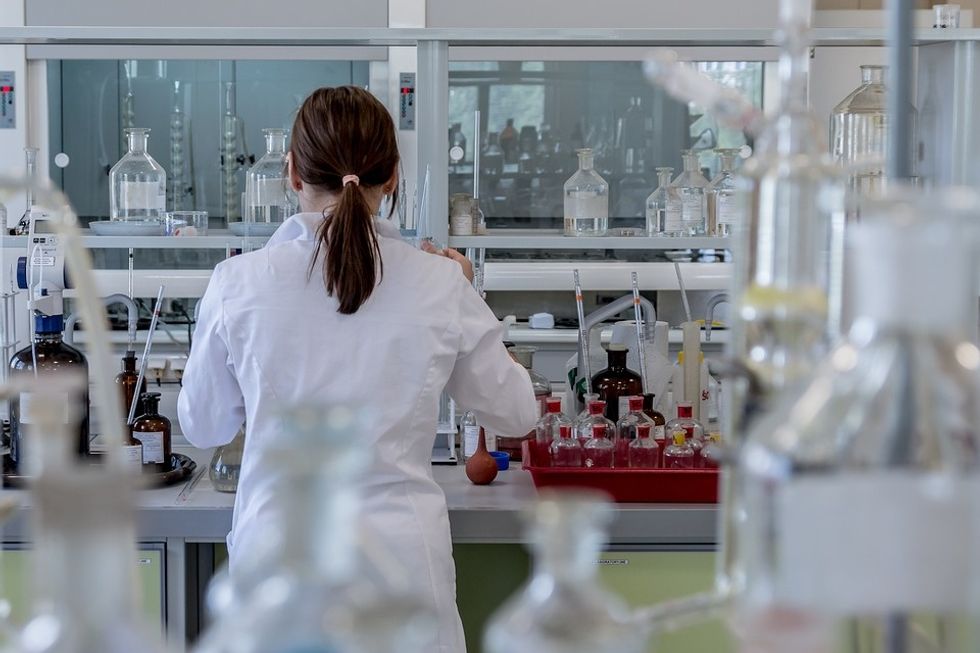
The bioethical conversation starts with embryonic stem cells - is it ethical to take cells from a "baby"? Adult stem cells come from patients that willingly consent to participate in treatment, but embryos cannot consent. However, is an embryo even considered alive at the point of extraction? There are arguments from both sides, but this type of stem cell therapy remains illegal in most parts of most countries.
iPSCs were created to allow the advantages of embryonic stem cells to exist without the controversial - and often illegal - element.




 Energetic dance performance under the spotlight.
Energetic dance performance under the spotlight. Taylor Swift in a purple coat, captivating the crowd on stage.
Taylor Swift in a purple coat, captivating the crowd on stage. Taylor Swift shines on stage in a sparkling outfit and boots.
Taylor Swift shines on stage in a sparkling outfit and boots. Taylor Swift and Phoebe Bridgers sharing a joyful duet on stage.
Taylor Swift and Phoebe Bridgers sharing a joyful duet on stage.













